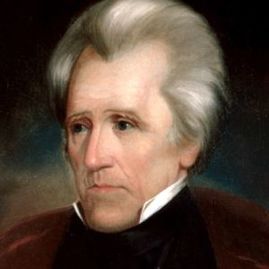Thesis
In 1830, President Andrew Jackson signed the Indian Removal Act giving the federal government power to negotiate treaties with native tribes east of the Mississippi River. The removal act caused conflict within the government and amongst the tribes. Compromise was futile. This led to the displacement of the Five Civilized Tribes of the southeastern United States resulting in the deaths of thousands of Native Americans. |
"The consequences of a speedy removal will be important to the United States, to individual States, and to the Indians themselves." - President Andrew Jackson

